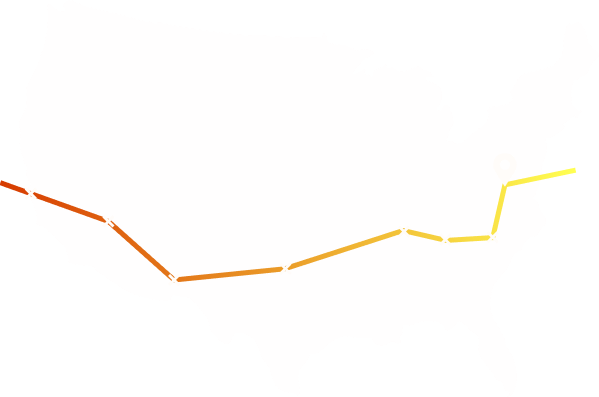Become a North Carolina Resident Today
North Carolina is a state that warmly welcomes new residents with its diverse landscapes, booming job market, and rich culture.
- Climate and Geography: Enjoy a variety of climates from the mountains in the west to the beaches in the east.
- Employment Opportunities: Home to various industries, including tech, healthcare, and finance.
- Cost of Living: Generally lower compared to many other states, making it an attractive option for many families.
Definition of Residency
Becoming a North Carolina resident means making the state your permanent home, where you intend to live and return to after any periods of absence. You'll need to show that you genuinely intend to stay in North Carolina indefinitely.
Why Residency Matters
Establishing residency is important for several reasons:
- In-State Tuition: If you're a student, establishing residency can save you thousands on tuition costs.
- Voting: Only residents can vote in North Carolina elections.
- Taxes: North Carolina residents are subject to state taxes and can file for various tax credits.
Time Frame for Establishing Residency
The time it takes to establish residency can vary:
- General Rule: Typically, you need to live in North Carolina for at least 12 months to be considered a resident for tuition purposes.
- For Tax Purposes: You may be considered a resident as soon as you begin living in the state with the intent to stay permanently, which affects your tax status.
Finding a Place to Live
Renting vs. Buying Property
- Renting: Immediate access, minimal commitment.
- Buying: Long-term investment, potential tax benefits.
Popular Cities and Neighborhoods
- Raleigh: Known for its research and tech industries.
- Charlotte: Banking and finance hub.
- Asheville: Ideal for arts and culture enthusiasts.
- Wilmington: Coastal living with historic charm.
Establishing Employment or Education
Transferring Jobs or Finding New Employment
- Job Portals: Use sites like Indeed and LinkedIn.
- Local Employment Agencies: Great for personalized job searches.
Enrolling in North Carolina Schools or Colleges
- Public Schools: Check zoning and district requirements.
- Universities: UNC system offers a range of schools across the state.
Registering Your Vehicle
Procedures for Vehicle Registration
- Required Documents: Title, proof of insurance, and odometer reading.
- DMV Visit: Make an appointment to save time.
Emission Inspection Requirements
- Timing: Required annually in certain counties.
Final Checklist
Summary of Steps to Take
- Find Housing
- Secure Employment or Education
- Change Address
- Register Vehicle
- Obtain Driver’s License or ID
- Register to Vote
- Update Personal Records
A New Home in North Carolina: Embrace the Journey and Thrive
Becoming a North Carolina resident involves a series of detailed steps, but with proper guidance, the process is manageable. At Smart Move, our full-service moving company in Wilson, NC, we're here to assist you every step of the way to ensure your transition is smooth and stress-free. Welcome to your new home, and enjoy all that North Carolina has to offer!



